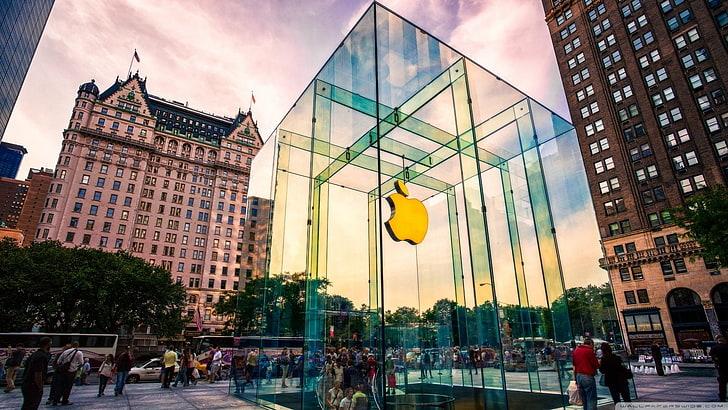Indonesia rejects Apple investment after evaluating a $100 million proposal deemed insufficient to lift the country’s iPhone 16 sales ban.
Industry Minister Agus Gumiwang Kartasasmita criticized the offer, stressing that it failed to meet fairness principles or the government’s stringent local content requirements.
The sales ban, implemented in November, mandates that smartphones sold in Indonesia must contain at least 40% locally-made components. This regulation aims to boost domestic manufacturing, enhance local supply chains, and attract equitable foreign investments.
Apple Faces Backlash as Indonesia Rejects Apple Investment
Kartasasmita highlighted glaring disparities between Apple’s proposal and its larger investments in Vietnam and Thailand. “We conducted a thorough assessment, and this proposal does not meet principles of fairness,” he declared during a press briefing.
In stark contrast, Samsung and Xiaomi have invested significantly in the Indonesian market, with commitments of IDR 8 trillion and IDR 55 trillion, respectively.
Kartasasmita described Apple’s offer as falling far short of such benchmarks, underscoring the government’s expectation of equitable contributions from the tech giant.

Indonesia Rejects Apple Investment and Calls for Fairness
Adding to Apple’s challenges, Indonesia revealed that the company still owes an outstanding $10 million investment, initially expected by 2023. The government is also pushing for new investment commitments extending through 2026 to align with its broader economic goals.
To resolve the situation, the Industry Ministry plans to invite Apple representatives for further negotiations. Kartasasmita expressed optimism about finding a resolution, reiterating that Indonesia’s demands align with Apple’s established practices in other countries.
Conclusion: Apple Faces Increasing Pressure in Indonesia
Indonesia’s decision to reject Apple investment reflects the nation’s unwavering commitment to fostering fair and balanced partnerships with global corporations.
The government expects Apple to revise its approach, address outstanding commitments, and align with local regulations to regain access to the Indonesian market.
Read More:















